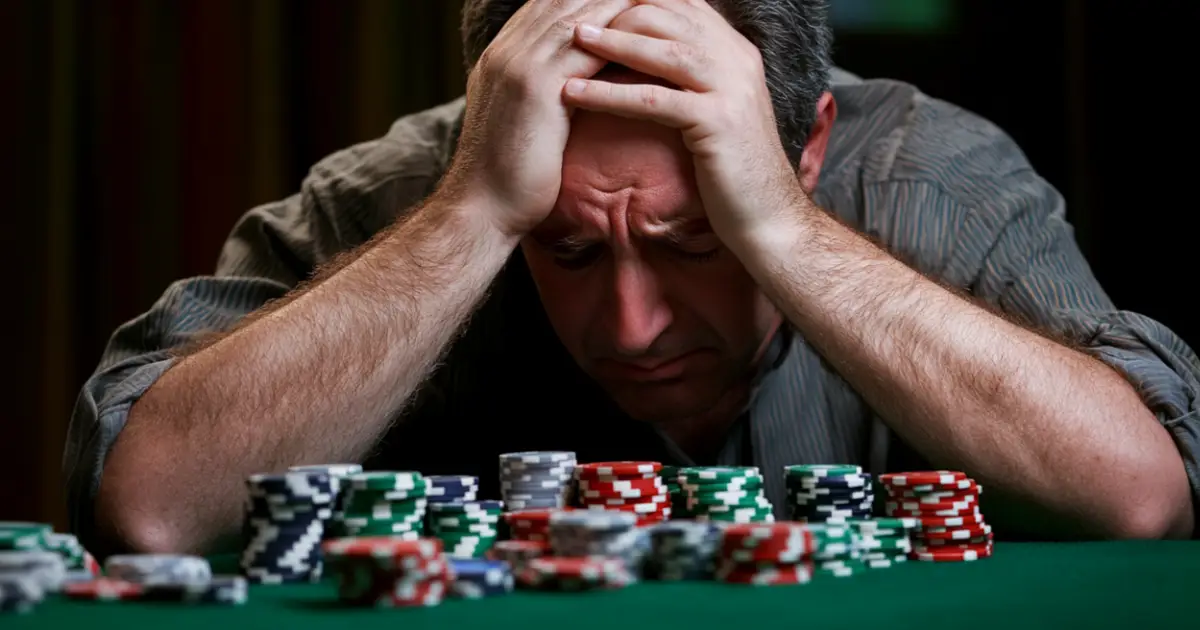Sports betting: the generation sinking into silence
The meteoric rise of online sports betting has turned the addiction landscape on its head. In just a few years, a new generation of gamblers – often young men – have found themselves trapped in applications designed to be permanently accessible. Behind the screens, the testimonies are multiplying: help exists, but the structures are struggling to adapt to this new form of addiction.
Betting at your fingertips
Zach Everett’s story illustrates a shift that is typical of the digital age. In his childhood, gambling was limited to a few games of poker with friends or outings to the racecourse with his father. But when Colorado legalised sports betting in 2019, Zach had just arrived in Denver. Finances are tight, and the idea seems logical: why not try to supplement his salary with a bet or two online?
What starts out as a simple test quickly turns into a habit. Zach started by betting on his favourite team, the Timberwolves, then expanded to other sports and competitions, until he was betting on almost everything that appeared on his screen. One day, he won $55,000 on a golf tournament; two days later, he lost it all.
Sports betting is nothing like it was ten years ago. The platforms offer quick bets, bets on specific actions and a design reminiscent of video games. According to specialists, this aesthetic is not insignificant: it attracts young adults who have grown up with online games.
For Zach, the application becomes omnipresent: sleepless nights, betting on obscure sports, total anonymity.
A gulf between old and new players
Finding support should be simple. But when Zach first walks through the door of a self-help group, he feels like a stranger. Participants talk about blackjack tables, trips to Las Vegas and decades of addiction.
Since the Supreme Court opened the door to sports betting in 2018, the industry has modernised at breakneck speed. But, according to experts, the places where help is available have remained stuck in an old model, designed for an addiction that begins in a casino, not on a smartphone.
The result is clear: young people in difficulty do not identify with traditional groups or telephone helplines.
The figures bear this out: in states such as Pennsylvania, almost two-thirds of those requesting a voluntary gambling ban are under 44. Gamblers Anonymous admits that its meetings are increasingly attended by young men, but it is not always able to offer them appropriate tools.
When gambling invades daily life
Like other gambling addicts, Zach crosses several red lines. Specialists say that addiction manifests itself more in behaviour than in financial losses: lying, overspending, time spent gambling.
Zach embodies all these signs. He gambles in secret, borrows from friends and family, manipulates friends and family, persuades an aunt that he’s collecting money for a birthday party… and then bets the money.
Even when he tried to stop, the applications continued to attract his attention. After six months of sobriety, one of them regularly offered him free credits. One day, he cracks: a bet of five dollars, then five the next day, then twenty…
At the age of 29, he loses almost everything: his job, his car, his stability. His wife kicked him out. He attended three or four meetings a week, but never found a single person who mirrored his experience.
Towards new forms of self-help
Faced with this wave of new gambling addicts, a number of players are looking to modernise support. Sam Demello has created Evive, a digital platform to connect gamblers with appropriate resources. Birches Health, founded by Elliott Rapaport, is dedicated to young people confronted with online gambling.
Zach’s transformation really began when he was referred to a new group near Denver: Young Person’s Gamblers Anonymous. Same venue as a regular band, same lyrics, same programmes… but a radically different audience.
Almost everyone here went under after 2018. Almost everyone has bet on their phone. Almost all have hit rock bottom in the last twelve months. They speak the same language as Zach, know the same app strategies, the same temptations, the same sleepless nights.
In this new group, Zach dares to tell his story for the first time, without a filter: the thefts, the manipulations, the fear he has sown around him. His confidences are welcomed.
Zach doesn’t just find a group: he finds friends. With Ben and Matt, two members his own age, he now shares simple moments – basketball at weekends, outings, daily messages. Today, Zach has 18 months of sobriety behind him. He avoids owning a credit card, just to be on the safe side. He knows that relapses can happen, but he feels he’s got what it takes.The meteoric rise of online sports betting has created a new generation of gambling addicts, often too young to identify with traditional self-help structures. But the emergence of adapted groups, modern platforms and supportive communities offers hope. Digital gaming traps people in solitude, but healing comes from working together.


